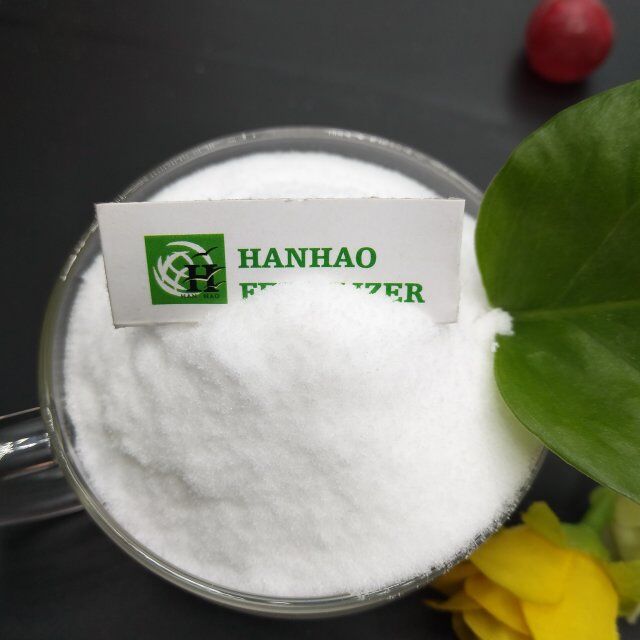
12 月 . 07, 2024 11:36 Back to list
potash for wheat
The Importance of Potash for Wheat Production
Wheat is one of the most essential staple foods worldwide, providing the primary source of carbohydrates for billions of people. As global demand for wheat continues to rise due to population growth and changing dietary habits, optimizing wheat production has become increasingly important. Among the various factors that contribute to successful wheat cultivation, the role of potassium, particularly in the form of potash, is critical. This article explores the significance of potash for wheat production, its benefits, and best practices for application.
Understanding Potash
Potash refers to a variety of potassium-containing salts used primarily as fertilizers in agriculture. The most common forms include potassium chloride (KCl), potassium sulfate (K2SO4), and potassium nitrate (KNO3). As a vital macronutrient, potassium plays several key roles in plant health and development, affecting everything from root growth to disease resistance.
Role of Potash in Wheat Growth
Potash contributes to various physiological processes in wheat plants
1. Water Regulation Potassium helps maintain turgor pressure in plant cells, which is crucial for water regulation. This is especially important in periods of drought, as potassium aids in the closure of stomata, minimizing water loss and enabling the plant to conserve moisture.
2. Nutrient Uptake Potassium is essential for the movement of nutrients and photosynthetic products within the plant. It enhances the efficiency of nitrogen uptake, which is particularly beneficial since nitrogen is another critical macronutrient for wheat.
3. Photosynthesis and Energy Transfer Potassium plays a crucial role in the synthesis of adenosine triphosphate (ATP), the energy molecule in plants. This impacts photosynthesis, ultimately influencing crop yield.
4. Disease Resistance Adequate levels of potassium have been shown to improve plant vigor and enhance resistance to various diseases, including fungal infections that can significantly reduce yields.
Benefits of Potash in Wheat Production
The incorporation of potash into wheat farming practices leads to numerous benefits
potash for wheat

- Increased Yields Studies have consistently shown that potash application can lead to yield increases of 5-20%, depending on soil conditions and existing nutrient levels. - Improved Grain Quality Higher potassium levels can enhance the overall quality of wheat grain, leading to better baking qualities and nutritional content.
- Soil Health Potash contributes to soil structure and fertility. Healthy soils with balanced nutrient levels support robust wheat growth over time.
Best Practices for Potash Application
To maximize the benefits of potash, farmers must take a strategic approach to its application
1. Soil Testing Before applying potash, it is essential to conduct soil tests to determine existing potassium levels. This helps in making informed decisions regarding the type and amount of potash to apply.
2. Application Timing The timing of potash application can significantly impact its effectiveness. Ideally, potash should be applied before planting or during early growth stages when the demand for potassium is highest.
3. Right Form of Potash Depending on soil acidity, moisture retention, and specific crop needs, farmers should choose the appropriate form of potash. For instance, K2SO4 is suitable for saline soils due to its dual nutrient benefit (potassium and sulfur).
4. Consideration of Other Nutrients Potassium works best in conjunction with other nutrients. Therefore, a balanced fertilization strategy that includes nitrogen, phosphorus, and micronutrients should be developed based on soil test results.
5. Monitor and Adjust Continuous monitoring of crop health and soil nutrient levels allows for timely adjustments in fertilization practices, ensuring optimal growth conditions for wheat.
Conclusion
In conclusion, potash is a vital component in wheat production, contributing to higher yields, improved grain quality, and enhanced plant health. By understanding the importance of potassium and implementing best practices for its application, farmers can optimize their wheat cropping systems. As the world faces increasing food security challenges, maximizing the potential of crops like wheat through effective nutrient management will be essential for feeding a growing global population.
-
10 10 10 Fertilizer Organic—Balanced NPK for All Plants
NewsJul.30,2025
-
Premium 10 10 10 Fertilizer Organic for Balanced Plant Growth
NewsJul.29,2025
-
Premium 10 10 10 Fertilizer Organic for Balanced Plant Growth
NewsJul.29,2025
-
Premium 10 10 10 Fertilizer Organic for Balanced Plant Growth
NewsJul.29,2025
-
50 Pound Bags of 13-13-13 Fertilizer for All Plants – Bulk & Organic Options
NewsJul.28,2025
-
High-Efficiency 15-30-15 Granular Fertilizer for Healthy Crops
NewsJul.28,2025
